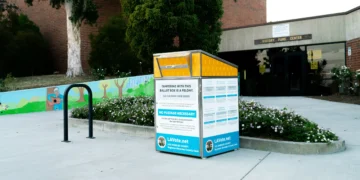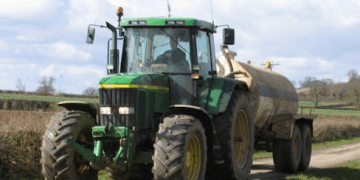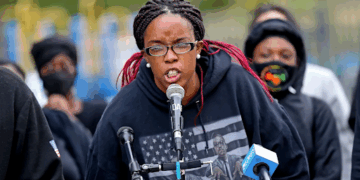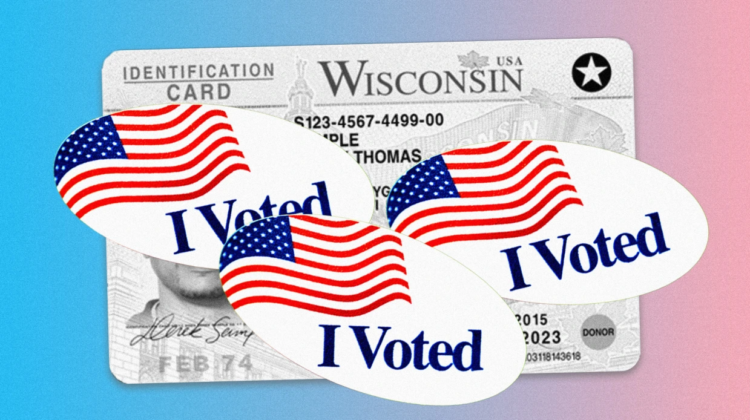The Wisconsin Institute for Law & Liberty (WILL) has released a new report revealing a significant loophole in Wisconsin’s voter ID law. According to the report, more than 140,000 voters could cast absentee ballots in the 2024 election without ever showing identification due to the state’s “indefinitely confined” status. Originally designed to help elderly and physically incapacitated voters, this provision allows individuals to vote absentee by self-identifying as unable to visit polling locations.
Pandemic-Driven Surge in Absentee Voting
During the COVID-19 pandemic, the use of this status surged as local officials in Milwaukee and Madison encouraged voters to use it to bypass voter ID requirements. Despite a ruling from the Wisconsin Supreme Court curbing its misuse, numbers remain significantly elevated—116% higher than they were in 2016. WILL’s report calls attention to this ongoing issue, warning that it poses risks to election integrity, even though there is no evidence of fraudulent votes being cast.
Wisconsin Statute § 6.86(2) and the Risks of Self-Designating Status
According to Wisconsin Statute § 6.86(2), voters can claim indefinitely confined status if they are unable to physically visit polling locations, either due to age, illness, or disability. However, the statute allows voters to self-designate without requiring any proof of their condition. This means that once voters check the appropriate box on their absentee ballot request form, they can vote without presenting an ID. WILL’s findings show that many voters have remained on the indefinitely confined list well after the pandemic, further elevating concerns.
Municipalities Failing to Remove Ineligible Voters
WILL is calling for election clerks to closely monitor their voter rolls and remove ineligible voters from the indefinitely confined list. State law requires clerks to do so if voters fail to return their absentee ballots or cast a ballot in person, but WILL’s research suggests that not all municipalities are complying with this requirement. For instance, while most clerks responded to open records requests from WILL, some municipalities, including Madison and Lake Geneva, were found to be non-compliant.
Absentee Ballot Drop Boxes and the Wisconsin Supreme Court’s Decision
This report adds to the current climate of election security in Wisconsin, particularly the recent legal battles over absentee ballot drop boxes. In 2022, the Wisconsin Supreme Court ruled against the use of drop boxes for absentee voting. The new progressive majority on Wisconsin’s Supreme Court reversed that ruling allowing drop boxes for the 2024 Presidential Cycle. With early voting for the 2024 election nearly underway, election security remains a key concern and will once again be a feature and discussion of the results on November 5.































